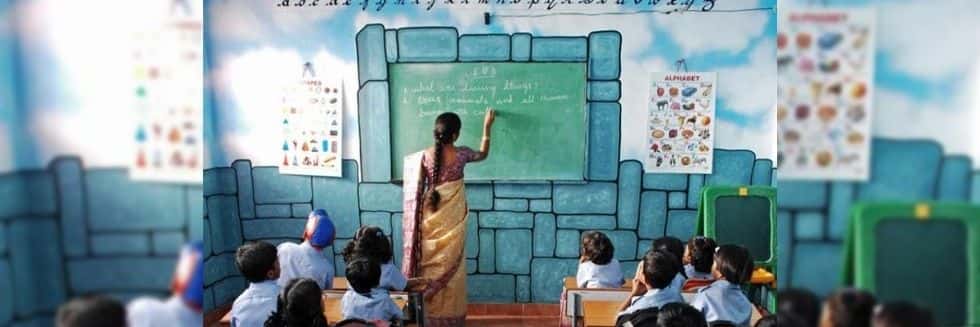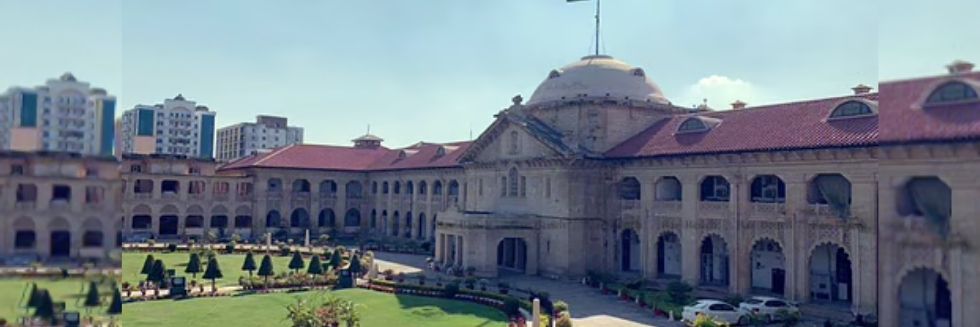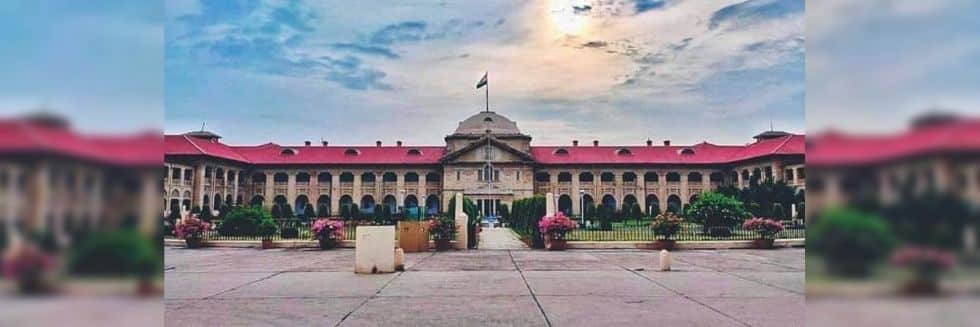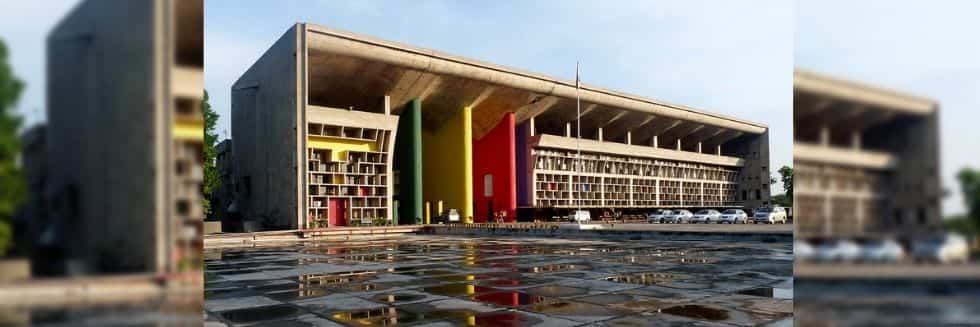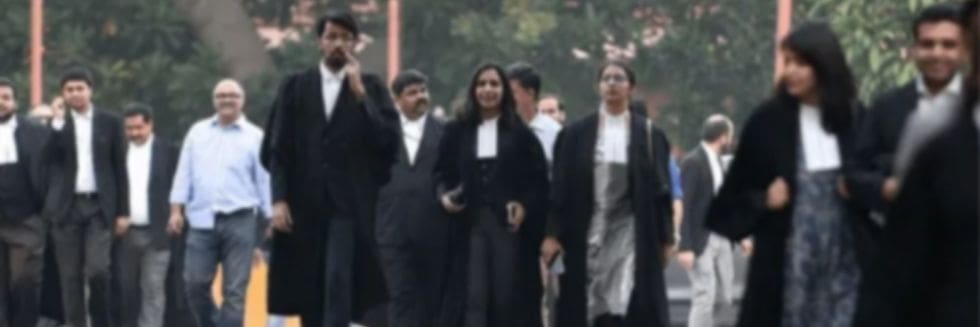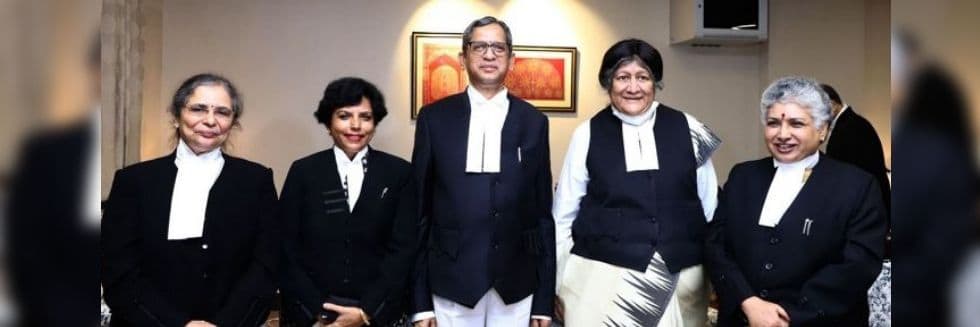Madras High Court has reiterated that TET qualification cannot be made mandatory for minority institutions. Justice V Parthiban confirmed the legal position that the prescription of TET qualification in terms of the Right of Children to Free and Compulsory Education Act, 2009 was not applicable to minority institutions.
Referring to the decision by the Constitution Bench in Pramti Educational and Cultural Trust and Ors. v. Union of India and ors. (2014), the High Court ordered the educational institutions to grant appropriate annual increment and medical benefits to the petitioner teacher and refund of any amount recovered from the teacher merely on the ground that she has not cleared the Teachers Eligibility Test (TET).
Case Details
The petitioner teacher was appointed as a B.T. Assistant (Maths) in 2012. Her appointment was duly approved on the condition that she had to complete TET within five years. The school was upgraded to High School in 2016 and the petitioner was absorbed as BT Assistant which was duly approved by District Elementary Educational Officer (4th respondent). She also had received yearly increments since 2013 and maternity leave, duly endorsed by Assistant Elementary Educational Officer(5th respondent).
However, District Educational Officer(respondent 3) directed the recovery of annual increments and salary that was paid to the petitioner during maternity leave.
The bench noted that the school being a minority institution and the petitioner being employed in the school, the impugned action for recovery of increments and discontinuance of further grant of two annual increments was not proper in law.
The counsel appearing for the petitioner relied on the decision in Pramti and other judgments holding that TET qualification cannot be made applicable to minority institutions.
The respondent’s counsel agreed with the established position of law and did not dispute the submissions of the petitioners.
Taking into account the factual narrative and settled legal position, the court directed, “This Court has to come to an inevitable consideration that the impugned action of the third respondent is patently illegal and unconstitutional and cannot be sustained in law. The above decision of this Court, following the earlier legal precedent on the subject-matter, would be squarely applicable to the present case as well. In the said circumstances, this Court has no hesitation to allow the writ petition filed by the petitioner herein.”
